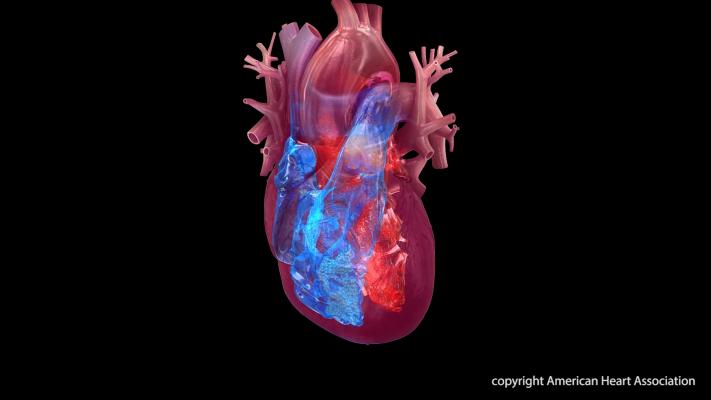
May 24, 2018 - Medtronic plc announced results from a research study demonstrating the feasibility of a novel approach to delivering pacing and defibrillation therapy in which a lead is placed under the sternum (breastbone), outside of the heart and veins. Data from the Acute Extravascular Defibrillation, Pacing and Electrogram (ASD2) study were presented during a late-breaking session at Heart Rhythm 2018, the Heart Rhythm Society's 39th Annual Scientific Sessions, May 9-12 in Boston.
The results of the international ASD2 feasibility study, an important step in the Medtronic extravascular implantable cardioverter defibrillator (EV ICD) clinical development program, confirmed that an investigational extravascular ICD lead can sense, pace and defibrillate the heart. This offers a potential future alternative to traditional transvenous ICD systems.
"Clinicians are highly interested in the potential for an extravascular ICD solution to provide both pacing and lifesaving defibrillation therapy without leads placed inside the heart or vasculature," said Lucas V.A. Boersma, M.D., Ph.D., cardiologist at St. Antonius Hospital, Department of Cardiology, Nieuwegein, the Netherlands and professor of cardiology, Academic Medical Center (AMC), University of Amsterdam, the Netherlands. "The ASD2 study offers very encouraging clinical insights, which bring us closer to implanting the first chronic investigational system in ambulatory patients."
The Medtronic EV-ICD System, which currently is in development and not available for use or sale, is a new approach to implantable defibrillation therapy that may offer the benefits of current transvenous defibrillators. In addition, the system may address current limitations of subcutaneous implantable defibrillators, including their inability to provide painless bradycardia pacing or antitachycardia pacing (ATP), and their larger size.
In ASD2, 79 patients who were already scheduled for elective cardiac surgery or a subcutaneous or transvenous ICD implant had an investigational EV-ICD lead inserted temporarily under the sternum and evaluated in conjunction with either a defibrillation patch or a defibrillator emulator. The ICD lead was designed to sense activity in the ventricles (lower chambers of the heart), provide pacing to the ventricles, and deliver a 30-joule defibrillation shock after ventricular fibrillation (VF) was induced.
Ventricular pacing was successful in 97 percent of patients, and shocks successfully terminated 83 percent of episodes, consistent with prior clinical studies of existing ICDs.1
Seven adverse events were reported in six of the 79 studied patients. As with any feasibility research evaluating a new procedure, the investigational procedure and lead implantation tools were refined during the study, with further technique training and education provided to all investigators in an effort to reduce the adverse event rate in future patients.
For more information: www.medtronic.com


 January 05, 2026
January 05, 2026 









